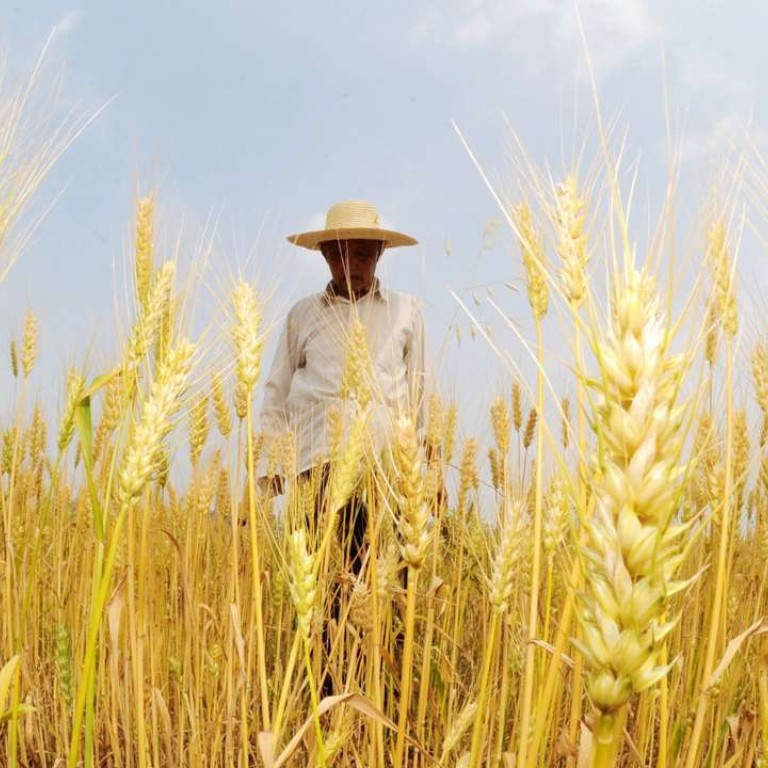
China’s top securities regulator urges closer monitoring of agricultural futures amid overheating concerns
China’s securities regulator has called for tighter oversight of agricultural commodity trading amid concerns that speculation could be driving an unusual surge in prices for staples ranging from garlic and ginger to iron ore and coal.
Fang Xinghai, the deputy head of China Securities Regulatory Commission (CSRC), on Saturday said the market should be monitored and market participants made aware of the rising risks.
Fang delivered the warning during the Risk Management and Agriculture Development Forum in Kunming, held during the weekend.
Fang said that the three major futures exchanges in Zhengzhou, Dalian and Shanghai should pay close attention to unusual trading and price changes as well as large capital flows.
The authority will guide the exchanges to improve rules on trading margins, position limits as well as transaction fees for intraday trading, in order to prevent excessive speculation, Fang said.
Fang’s comments follows recent dramatic gains in some commodity futures contracts.
Among one notable example, the wholesale and retail prices for garlic are up 90 per cent and 67.9 per cent in October compared to levels a year earlier, according National Development and Reform Commission data.
Prices have continued to rise into November.
According to Mintec, a commodities data firm, garlic has surpassed its previous highs in 2009 and 2010, another period when garlic prices surged unexpectedly.
Other agricultural commodities have also seen their prices shoot ahead. Ginger has soared more than 300 per cent from its low earlier this year, according to Shi Dalong, analyst at Suning Institute of Finance.
Meanwhile, prices for cotton and sugar have risen by more than 20 per cent so far this year and some important agricultural products that are used in Chinese traditional medicine are up by more than 80 per cent, according to the data from Shi.
In May, soybean meal futures, used as pig feed, jumped 40 per cent. Prices of iron ore, coking coal and coke have also risen sharply. The most traded futures contracts of coking coal and coke on the Dalian Commodity Exchange have more than doubled this year, while iron ore, steel bars and thermal coal have risen by over 50 per cent. The pipe-making material PVC is also up 40 per cent this year on the Dalian Exchange.
For agricultural products, analysts believe that declining production and increasing demand are important factors behind the rise, while speculation is also likely fuelling the price surge.
As China has tightened up on the housing, bond trading and forex exchange markets, capital has been flowing into agricultural commodities, said Shi.
One theory is that investors are chasing a shrinking number of investment opportunities in the real economy, as a succession of asset classes have been pushed higher, driven by easy credit conditions designed to prop up the slowing economy. Analysts note a dramatic rise in China’s money supply since 2007, much of which is now trapped inside the country by government capital controls.
In 2015, commodity futures soared amid a wave of investment that was triggered when the government issued restrictions on stock trading to stabilise the stock market.
Liu Xintian, chief analyst at 100ppi.com, a Chinese commodity data provider, said commodity prices were likely to cool this month after China’s central political bureau issued warnings of potential asset bubbles.
Recently, Zhengzhou Commodity Exchange raised transaction fees for thermal coal futures to cool down the market.
